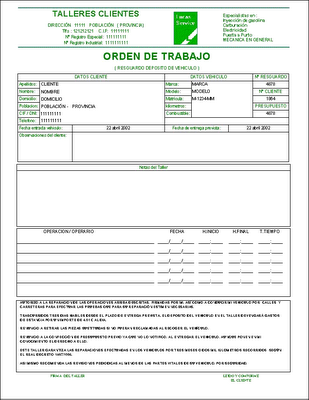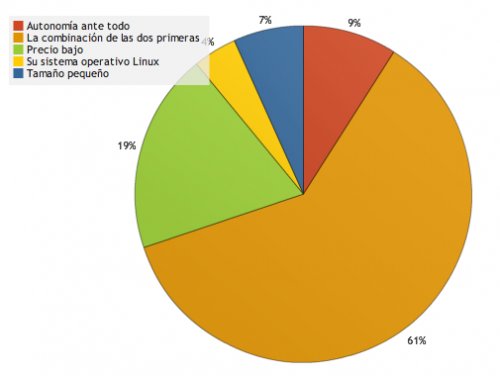 The concept of collateral damage is normally applied in the context of war actions. Thus, collateral damage occurs when the destruction of a military objective is accompanied by a secondary effect that was not initially foreseen. A very common example could be the following: there is a bombing of some military units of the enemy, but the consequences of the bombing end up affecting the civilian population, which has nothing to do with the conflict.
The concept of collateral damage is normally applied in the context of war actions. Thus, collateral damage occurs when the destruction of a military objective is accompanied by a secondary effect that was not initially foreseen. A very common example could be the following: there is a bombing of some military units of the enemy, but the consequences of the bombing end up affecting the civilian population, which has nothing to do with the conflict.
Collateral damage and official communication
War in the 21st century has a direct relationship with the media. This circumstance has consequences: citizens have direct information about what is happening in the context of a conflict and can even follow the events live on television. Obviously, this means that those in charge of the armies have to give explanations about some military decisions. And in this context, it is quite common for a military spokesman to give a press conference and when asked by journalists about the effects of the war on the civilian population, he says that it is collateral damage.
In this way, the concept of collateral damage becomes an explanation that claims to be technically valid but that, deep down, communicates a perverse element: that war implies destruction, even on people outside the war and therefore totally innocent. .
The use of this expression has become popular in the terminology of armed conflicts and, in reality, it reveals a simple excuse, since supposedly the collateral damage caused is not intentional but rather an undesirable consequence within the dynamics of the conflict itself. war (it's worth mentioning that other terms work synonymously, for example accidental damage, additional damage, and the like).
From a historical point of view, the term in question began to be used in the media in the Persian Gulf War in 1991, when those responsible for the bombings had to justify the suffering and death of the civilian victims of the conflict. .

Collateral damage as an understatement
Some journalists and analysts today have indicated the perverse use of the concept of collateral damage. They claim that it is a euphemism that is intended to camouflage an action that has no justification.
The idea of collateral damage is used as a model for journalistic euphemism. In other words, this is a good example to illustrate that words can be used to hide the true reality of events.
Photos: iStock - gremlin / vm









